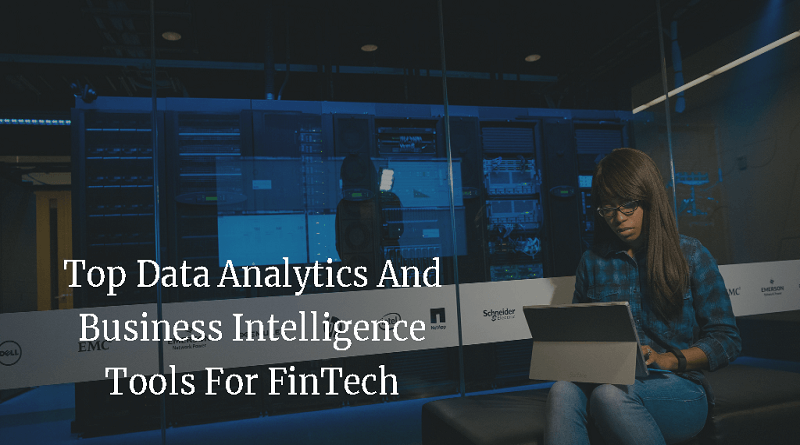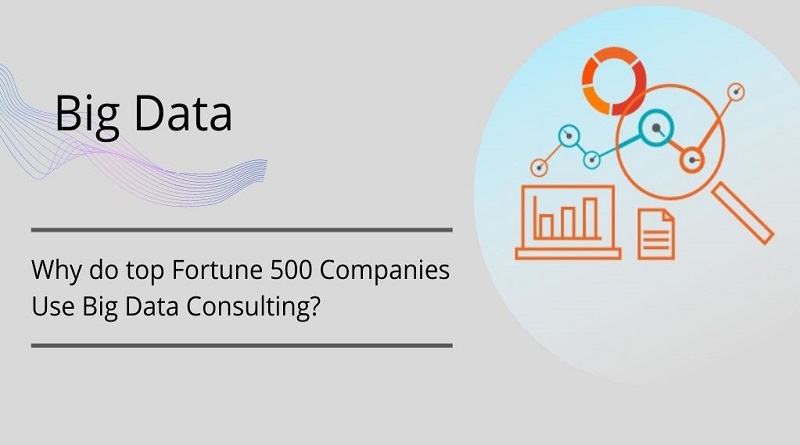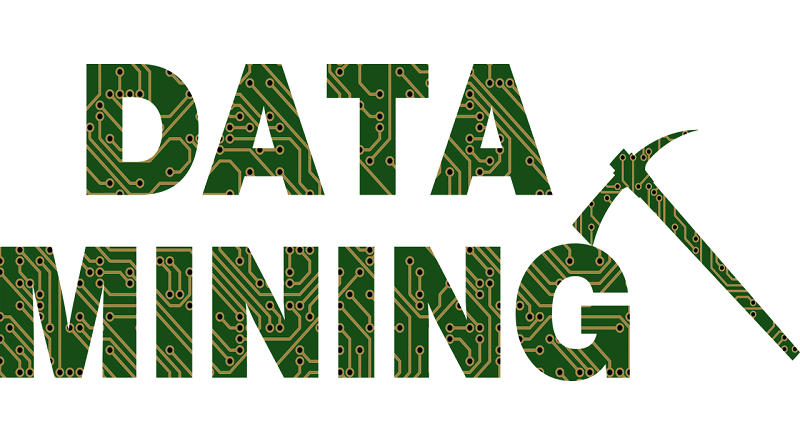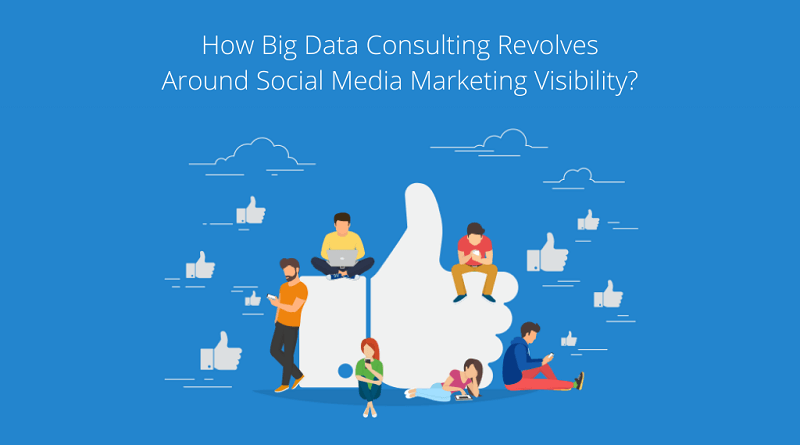how big data affects your privacy

Big Data: what is privacy?
I personally believe that the vast majority of people do not know everything that the term privacy on the Internet implies. The proper concept of what is ours and private is clear. The problem comes when there is a difference and a clash between these concepts. Privacy is a cultural differential . What is private in one part of the world may not be private or has the equivalent value in another. It is a matter of attitudes.
Currently, a very widespread “attitude” is that, if you want privacy, you must sacrifice basic and necessary aspects such as comfort or security. Technology has been one of the precursor factors of this attitude, taking advantage of our dependence on computers and mobiles. And from this concatenation of “attitudes” acquired unconsciously appears a phrase that we have all heard at some time. Information is power. And consequently, privacy is, too.
The user begins to be aware that his Internet privacy begins to be jeopardized when he enters a page with his computer or smartphone, and receives requests to install cookies . That is when the exchange begins. We provide details about our online activity (frequently, personal data such as our name and location, habits, credit card …) in exchange for consulting the website in question. Given this, our only solution is not to accept cookies and renounce the service, or systematically delete them from our computer (something as cumbersome as it is little useful).
Big Data: ethics in data management
Without a doubt, ethics in data management is an issue that affects all companies that carry out Big Data , and even more so after the entry into force of the new GDPR law. There is an urgent need to create an ethic adapted to the changes generated by technological advances. Some sources comment that Big Data should be considered as a sociotechnological phenomenon, since we are not only transforming the culture of communication between human beings, but it intervenes in their private / public environments, forming a previously totally separated fusion.
There are, in my personal opinion, several problems that affect ethics focused on data management:
1) Ethical problem of data ownership: who owns the data? The people who generate them? The people who store them? Or to whom do they acquire them? It seems that the laws are positioned on the side of users and not on the side of the social networks / companies that manage and use them. Still there is no clarity.
2) Ethical problem of privacy: when people check with continuous use of the data they generate, they may become more suspicious and generate false data, change IPs continuously, create secrecy in their offline environments where feel safer …
3) Ethical problem of data use: I see ethical decision-making around the generated data as very important. The value provided by the data must add to society and generate a common good. The data should not be used for purposes that discriminate, upset social scales, may generate environmental problems … The data should be used to improve with a common good approach. You have to make life easier for people, generate more accessible technology, solve problems that previously seemed unable to be solved due to lack of information …
In short, I think it is a controversial subject where there is still much to define and limit. Although as in all new decentralized technologies, see Blockchain and cryptocurrencies … There is no consensus on the regularization, legal and ethical framework that must be implemented.
It is everyone’s job to be able to apply a correct ethic that navigates outside the law.
Big Data: What is the value of data?
In the era of Big Data and the appearance of the figure of the Data Scientist, numerous companies (Apple, Google, Amazon, Microsoft, Netflix …) obtain information from users or their clients to, after the large volume collected, process the data efficiently and convert them into information that facilitates decision-making in different business areas of the company: anticipating people’s needs, breaking the market with speculation, designing innovative strategies to directly attack their competitors.
Large multinationals research and make huge investments in R&D departments that work with data in the hope that statistics, in synergy with massive data collection, will design a tool to achieve safe benefits in the short, medium and long term .
We all know the social network Facebook. More than a billion people a month communicate and interact in it. And all of them leave data constantly and voluntarily every day, thus generating profiles and segments that are subsequently sold to agencies and companies.
If, in addition, we install Facebook (or any social network) on our smartphone, along with messenger, the company can activate the camera, the microphone, view our photos and messages … All this mass of data generates even more accurate consumer profiles. Virtually everyone is aware of the “Cambridge Analytica” case and how Facebook and Amazon sold data to “interfere” in political campaigns.
And perhaps in the conjunction of the lack of ethics, capitalism and the unbridled need for power and money of people may be the next dimension of the value of data. The so-called data brokers.
Something like data brokers who would govern our information by returning a small amount of money to us in exchange for information such as medical, financial or family data.
The positive part is that a scenario arises where the brands would only come to us with hyper-personalized services or products. The dark part of all this comes when the data that enters the transfers with companies are medical records, tax, income or personal data linked to the bank. A type of information that can play against us in the most cruel way ever conceived and only seen before in series like Black Mirror or Machiavellian glimpses of Chinese companies like Sesame Credit . These types of data could influence whether we are granted a credit, whether we are offered health insurance at one price or another, whether or not we have a job interview …
Also read : How big data is changing healthcare industry





